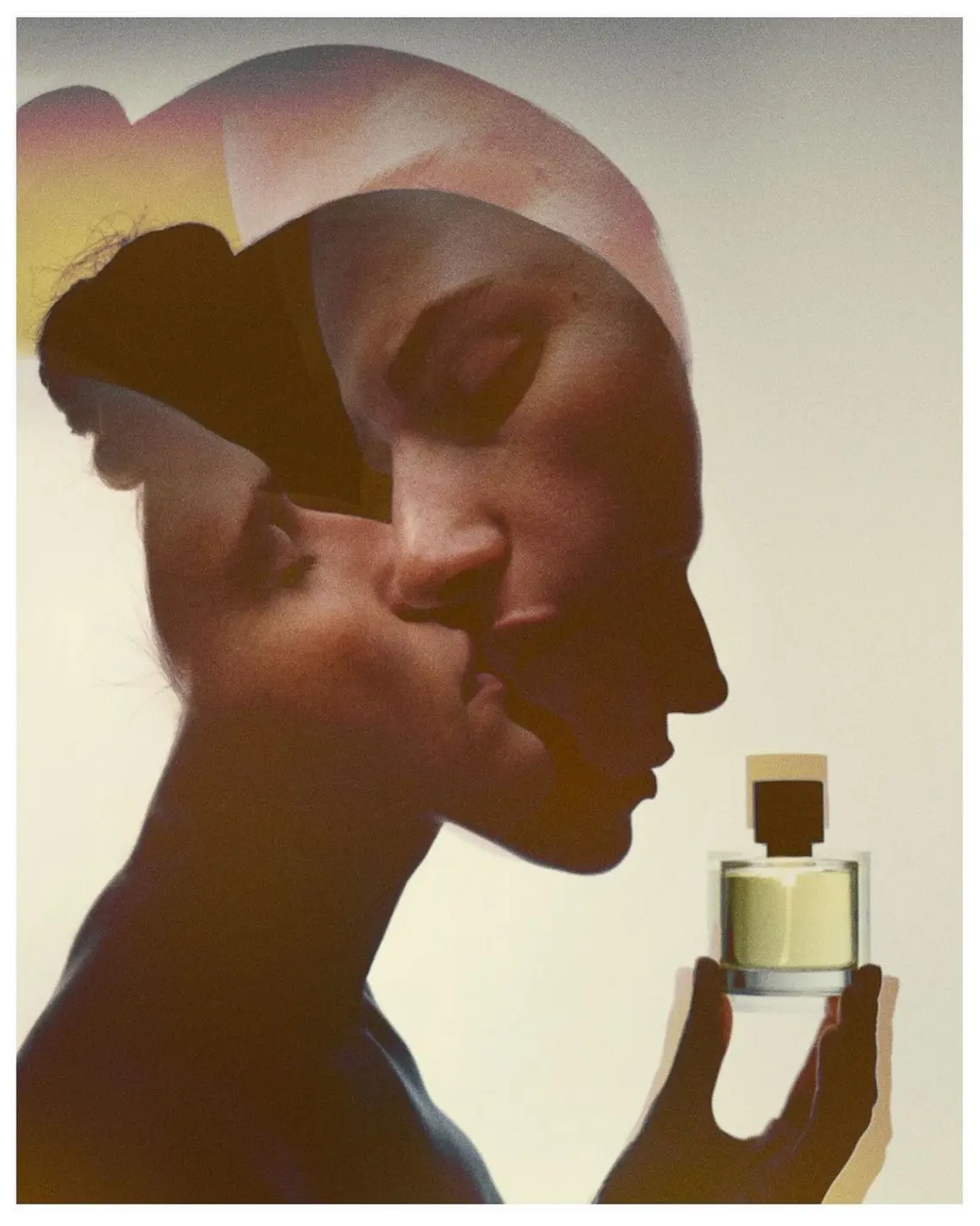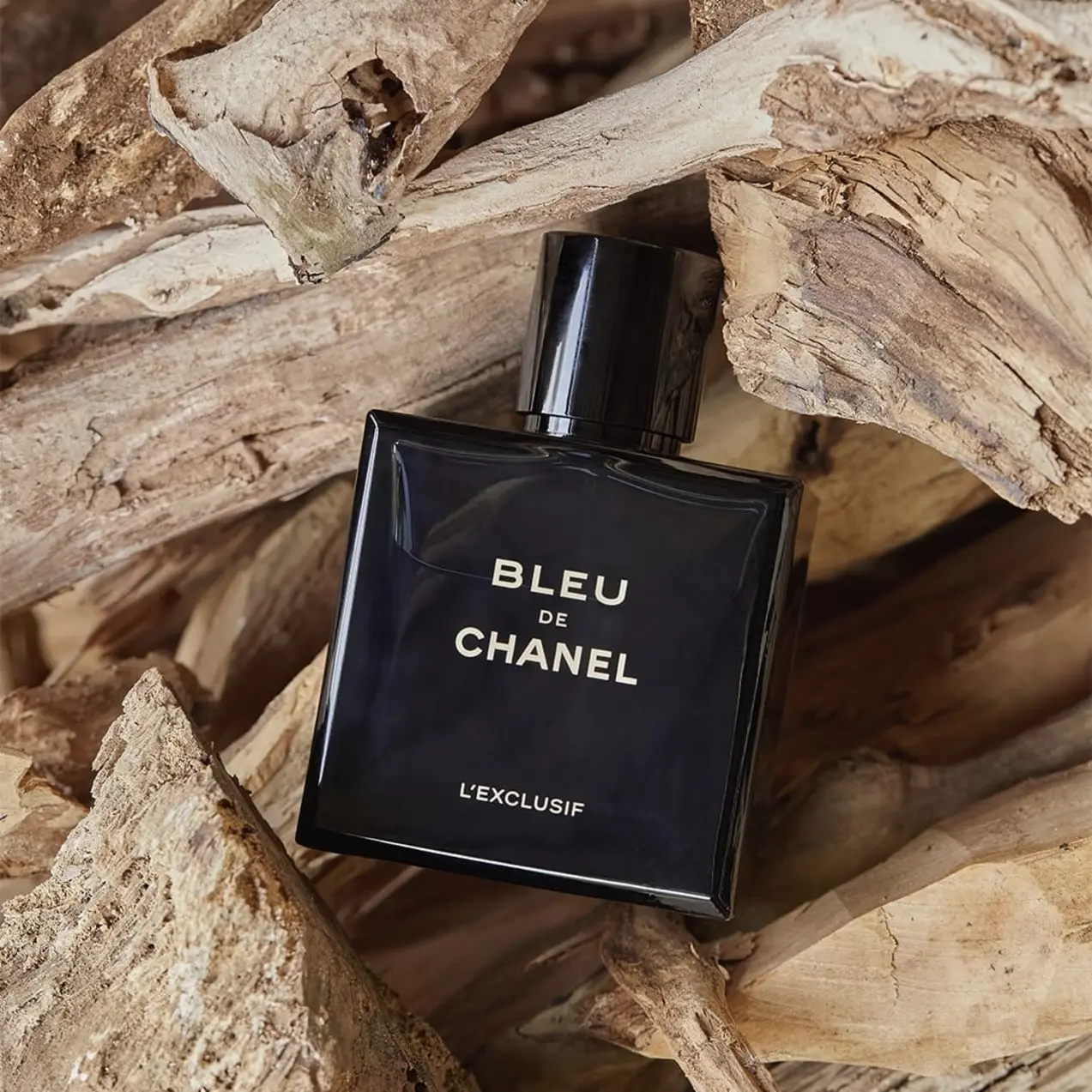So if the pyramid is outdated, why do we still see it everywhere in fragrance marketing? Because it is an easy story. Top to the middle to the base is digestible, elegant, and looks good in a press release.

So if the pyramid is outdated, why do we still see it everywhere in fragrance marketing? Because it is an easy story. Top to the middle to the base is digestible, elegant, and looks good in a press release.
October 7, 2025
But here is the secret: many of the “notes” you see listed are not even literal. That “cashmere wood” you read about? It is often Cashmeran, a synthetic molecule that radiates from the first spray. The “iced rose petals”? Just rose, with some perfumer’s flair for adjectives.
Consumers love a narrative, and brands deliver. Only, the story often veers far from how the scent actually behaves on skin.
Interestingly, different regions experience - and expect - perfume structures differently.
United States: Speed matters. The instant hit of a fragrance determines whether it’s bought. Americans don’t want to wait three acts for the payoff.
Mexico: Perfume is tied to ritual and identity, often layered and worn in bold, expressive ways. Structure matters less than intensity and presence.
Middle East: Perfume is heritage. Scents like oud, amber, and rose are appreciated for their richness - and here, the slow reveal is part of the luxury. Waiting hours for musk and incense to emerge isn’t a drawback, it’s the point.
The pyramid lingers because it still appeals to this sense of story, even as the structures themselves have diversified.
Fast-forward to Fall/Winter 2025, and luxury perfumery has fully embraced the myth-busting spirit. Many of the season’s standout launches throw the pyramid out the window.
Chanel’s latest Les Exclusifs release breaks away from the traditional pyramid, opening straight into a dense accord of sandalwood, amber, and resinous woods - radiating simultaneously rather than unfolding in tiers.

Dior Privée Collection introduced a scent where amber and marine notes surface immediately, sidestepping the traditional top note sparkle.

Amouage (Middle East) continues to layer rose with smoky resins, unfolding in spirals of incense and amber, rather than neat top–middle–base tiers.

Byredo’s experimental creations lean minimalist, with one or two accords stretched and amplified so that you never move from “top” to “base” at all.

The most luxurious perfumes now are less about following a rulebook and more about making you feel - instantly, deeply, and memorably.
Here’s the liberating truth: you don’t need to decode top, heart, and base notes like a syllabus. Instead:
Forget whether it “opened with bergamot” or “settled into patchouli.” The question is: did it move you?
Perfume is not a pyramid, or a line, or a cube. It is an art form. Sometimes it plays by the old rules, sometimes it shatters them. What matters isn’t whether a fragrance fits a three-tiered structure but whether it creates a memory, a mood, a moment on your skin.
So next time you see a press release wax poetic about iced florals and glowing woods, take it with a grain of salt. The real truth comes only after the spritz.
And maybe that’s the best myth to keep alive: the idea that perfume, no matter how it’s built, still holds the power to surprise us.